Breakthrough COVID-19 treatment developed by UAE stem cell center with promising initial results.
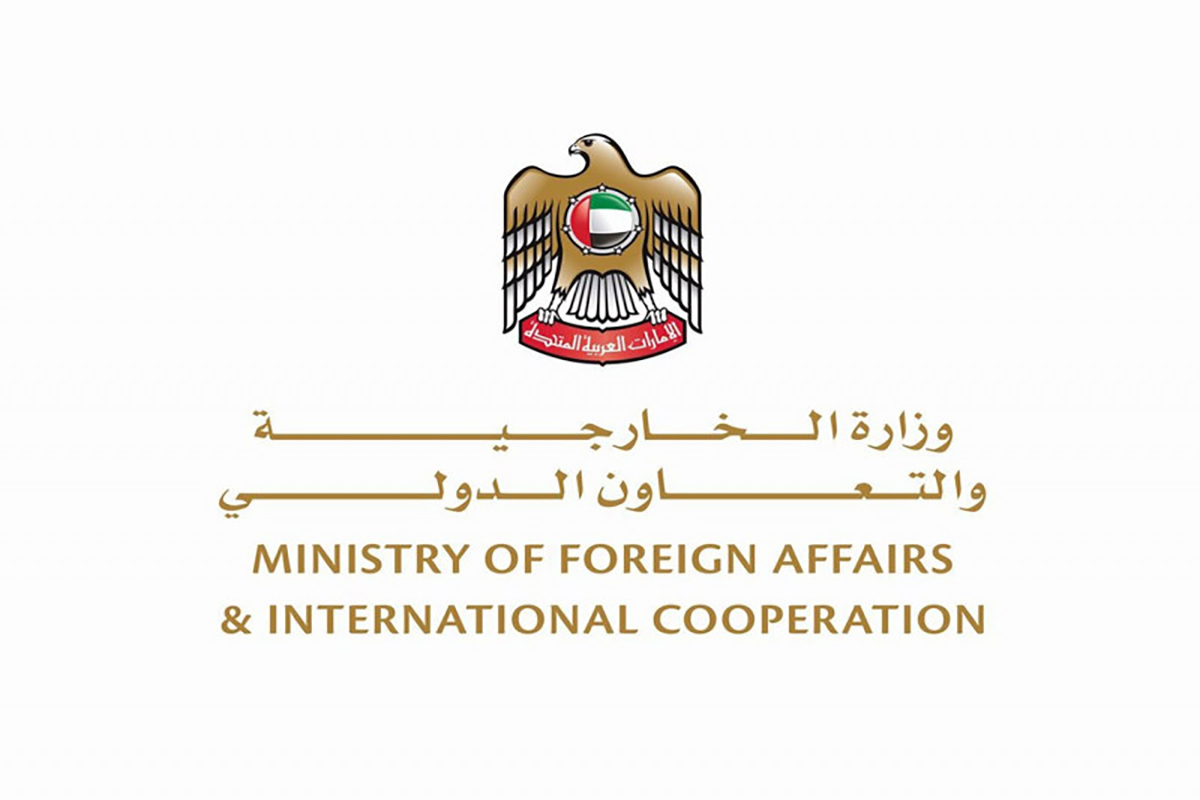
A patent has been granted by the Ministry of Economy for the development of an innovative and promising treatment for COVID-19 infections using stem cells. The treatment was developed by a team of doctors and researchers at the Abu Dhabi Stem Cell Center (ADSCC) and involves extracting stem cells from the patient’s own blood and reintroducing them after activating them. The patent was granted for the innovative method in which the stem cells are collected.
The treatment was administered in the UAE to 73 COVID-19 patients who have all been successfully treated and cured of the virus by inhaling the treatment into their lungs after it has been nebulized into a fine mist. It is hypothesized to have its therapeutic effect by regenerating lung cells and modulating the immune response to keep it from overreacting to the COVID-19 infection and causing further damage to healthy cells.
The treatment has successfully undergone the initial phase of clinical trials, demonstrating its safety. None of the patients who have received the treatment reported immediate adverse effects and there have been no interactions found with the conventional treatment protocols for COVID-19 patients. Trials to demonstrate the efficacy of the treatment are ongoing and are expected to be completed in a couple of weeks.
It is worth noting that the treatment has been given to patients along with the conventional medical intervention and will continue to be applied as an adjunct to established treatment protocols rather than as a replacement.
This treatment is an addition to the arsenal of interventions and is representative of the concerted effort and commitment of the UAE government to bring an end to the COVID-19 pandemic. Non-pharmacological interventions to prevent the spread of COVID-19 such as staying at home, social distancing and infection prevention and control measures remain necessary to reduce the burden of the disease on the healthcare system.
The Abu Dhabi Stem Cells Center (ADSCC) is a specialist healthcare center that focuses on cell therapy, regenerative medicine and cutting-edge research on stem cells.
Related News
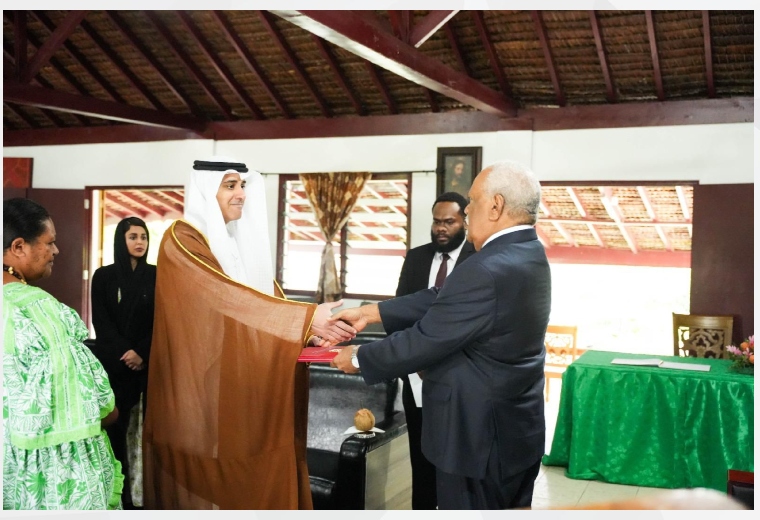
UAE Non-Resident Ambassador Presents Credentials to President of Vanuatu
His Excellency Dr. Fahad Obaid Al Tafaq, UAE Ambassador to Australia and Non-Resident Ambassador to the Solomon Islands and the Independent State of Samoa, presented his credentials as Non-Resident Ambassador of the UAE to the Republic of Vanuatu to His Excellency Nikenike Vurobaravu, President of Vanuatu.
View Details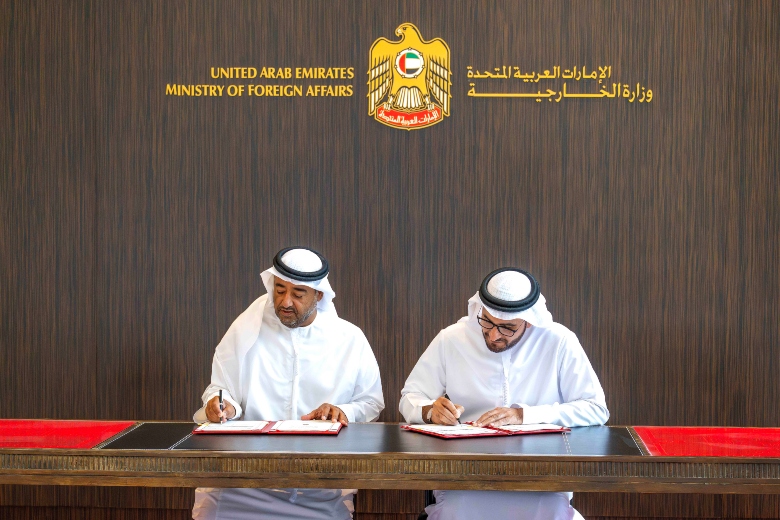
MoFA and Abu Dhabi Customs sign agreement to advance digital integration and streamline government services in support of Zero Bureaucracy goals
The Ministry of Foreign Affairs (MoFA) and the General Administration of Abu Dhabi Customs have signed a Memorandum of Understanding (MoU) to establish a comprehensive institutional framework for data and information exchange and to activate digital integration between the two entities.
View Details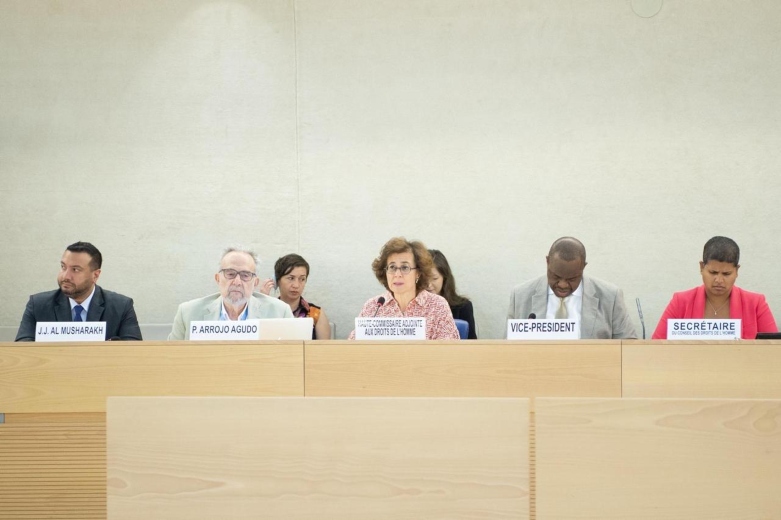
UAE Places Human Rights as Top Priority at 2026 Water Conference
The United Arab Emirates reaffirmed its longstanding commitment to human rights - particularly the right to safe drinking water and sanitation - during a high-level discussion panel at the 59th session of the Human Rights Council.
View Details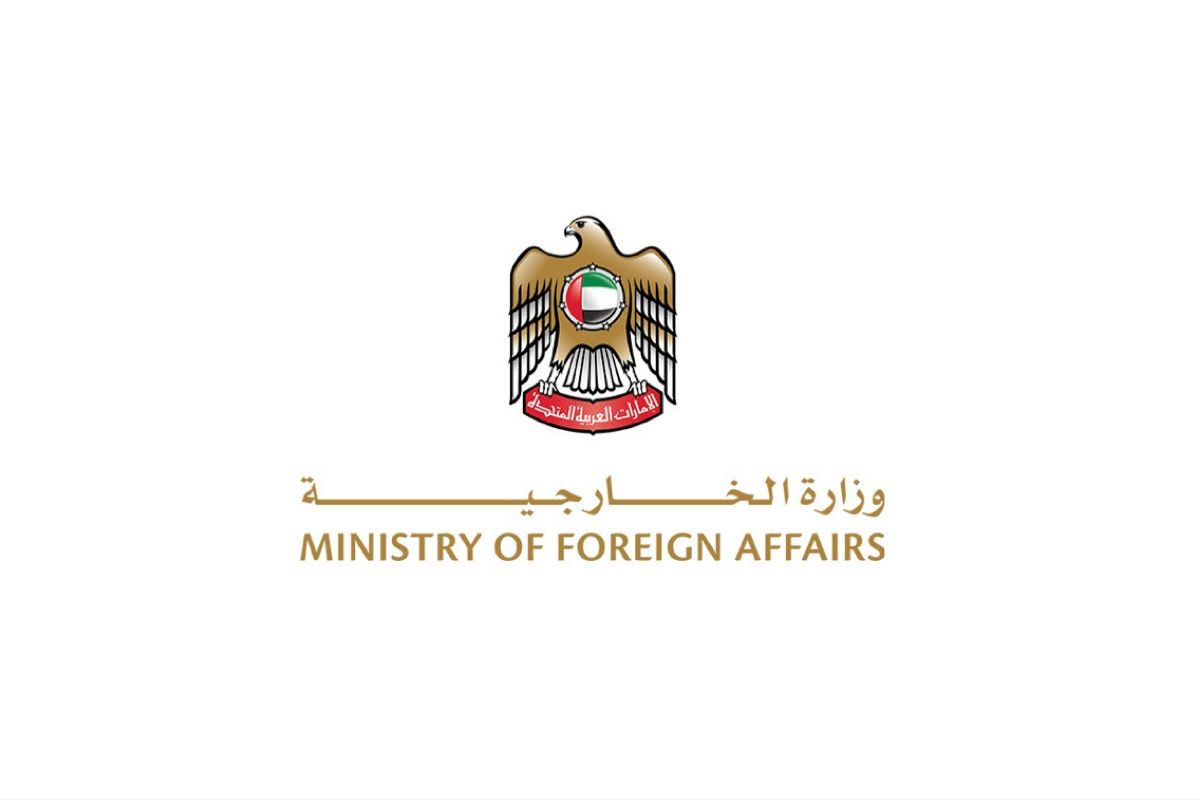
UAE Rescues Crew of Commercial Ship Attacked in the Red Sea
The United Arab Emirates announced that the ‘Safeen Prism’ vessel, operated by AD Ports Group, responded to a distress call from a commercial ship ‘Magic Seas’ after it came under attack in the Red Sea. The attack caused damage to the vessel’s structure, forcing its crew to abandon ship under difficult maritime conditions.
View Details

